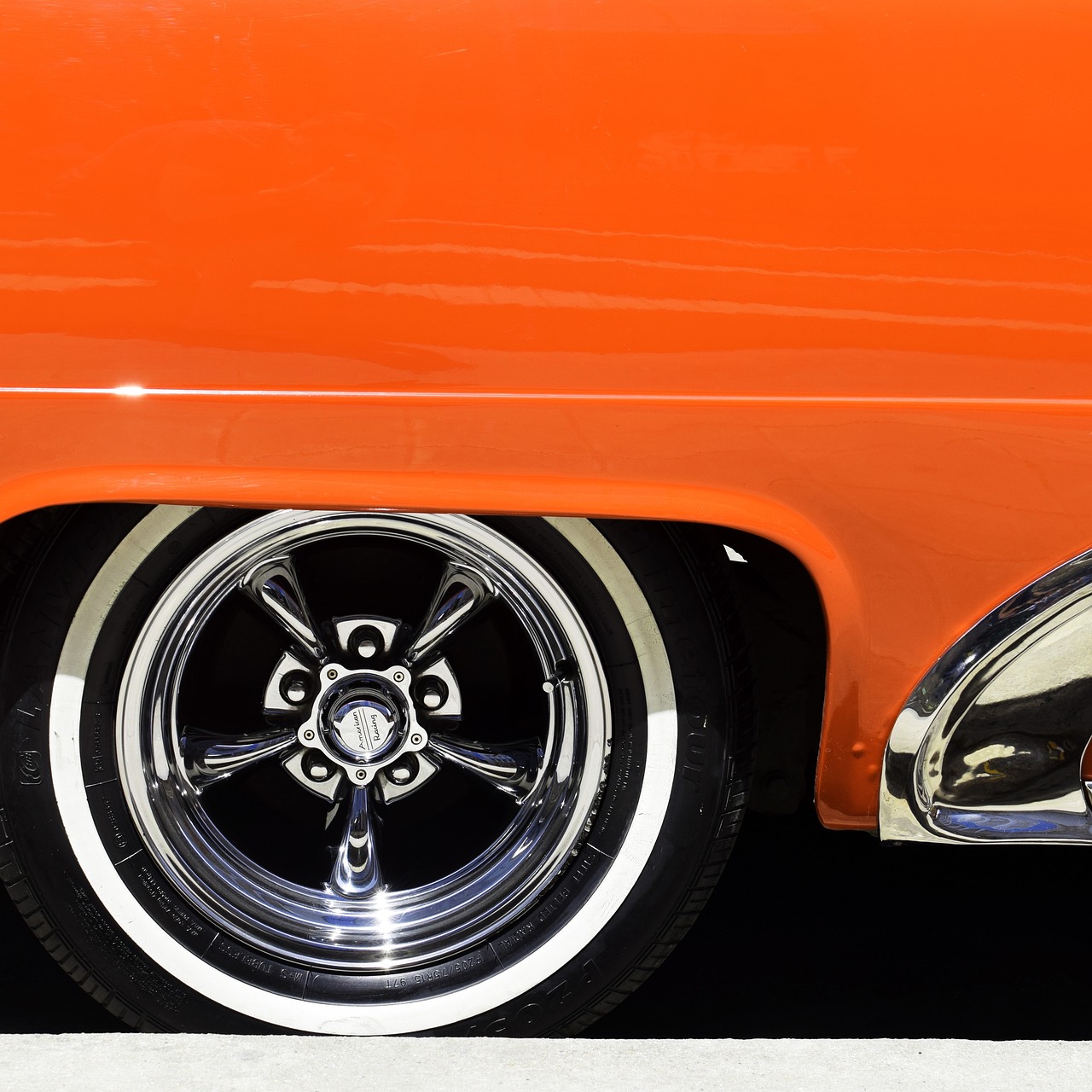Investigating the Role of Blockchain in Car Maintenance Records Management
Blockchain technology holds immense potential in revolutionizing the way car maintenance records are stored and managed. By leveraging blockchain’s decentralized and immutable nature, car owners, manufacturers, and service providers can ensure that maintenance records are securely stored and easily accessible. This transparency and security provided by blockchain can help in reducing fraud, ensuring the accuracy of maintenance histories, and improving overall trust in the maintenance records.
Moreover, the use of blockchain technology in car maintenance record-keeping can streamline the process of verifying the authenticity of maintenance records. With all relevant information stored on a tamper-proof blockchain ledger, stakeholders can quickly and efficiently access the data they need without the risk of unauthorized alterations or deletions. This increased efficiency and reliability can lead to cost savings, faster decision-making processes, and ultimately, improved maintenance practices for vehicles.
Understanding the Current Challenges in Car Maintenance Record Management
In traditional car maintenance record management systems, there are significant limitations that hinder efficient data tracking and integrity. Paper-based records are often prone to errors, loss, and tampering, leading to inaccuracies in maintenance histories. Additionally, the manual input of data into electronic systems can result in time-consuming processes and potential human errors.
Lack of standardized protocols for recording and storing car maintenance information poses a challenge in ensuring consistency and reliability across different service providers and vehicle owners. Without a unified system in place, there is a risk of discrepancies in maintenance records, making it difficult to track the complete history of a vehicle’s service and repair activities accurately.
Advantages of Using Blockchain for Car Maintenance Records
Blockchain technology offers unparalleled benefits for car maintenance record-keeping. Firstly, the decentralized nature of blockchain ensures that all records are securely stored and cannot be altered without proper authorization. This transparency and immutability provide a high level of trust in the accuracy and integrity of the maintenance records, reducing the risk of fraud or manipulation.
Furthermore, blockchain streamlines the process of accessing and sharing car maintenance records, eliminating the need for intermediaries and reducing administrative costs. With all relevant data stored in a single, secure platform, both car owners and service providers can easily access up-to-date information, enhancing efficiency and convenience in the maintenance process.
What is blockchain technology?
Blockchain technology is a decentralized, distributed ledger system that securely records and verifies transactions across multiple computers.
How can blockchain benefit car maintenance record-keeping?
Blockchain can provide a transparent and immutable record of all maintenance activities, reducing the risk of fraud or manipulation.
What are some of the current challenges in car maintenance record management?
Some challenges include the risk of lost or incomplete records, potential for falsified information, and difficulty in verifying the accuracy of maintenance histories.
How does blockchain help address these challenges?
Blockchain can ensure that all maintenance records are securely stored and easily accessible, with a secure audit trail that cannot be altered or deleted.
Are there any privacy concerns with using blockchain for car maintenance records?
Blockchain technology allows for secure encryption and permissioned access control, ensuring that sensitive information is only shared with authorized parties.
Will blockchain technology increase the efficiency of car maintenance record-keeping?
Yes, blockchain can streamline the process of recording, verifying, and accessing maintenance records, ultimately saving time and reducing errors in the maintenance management process.





